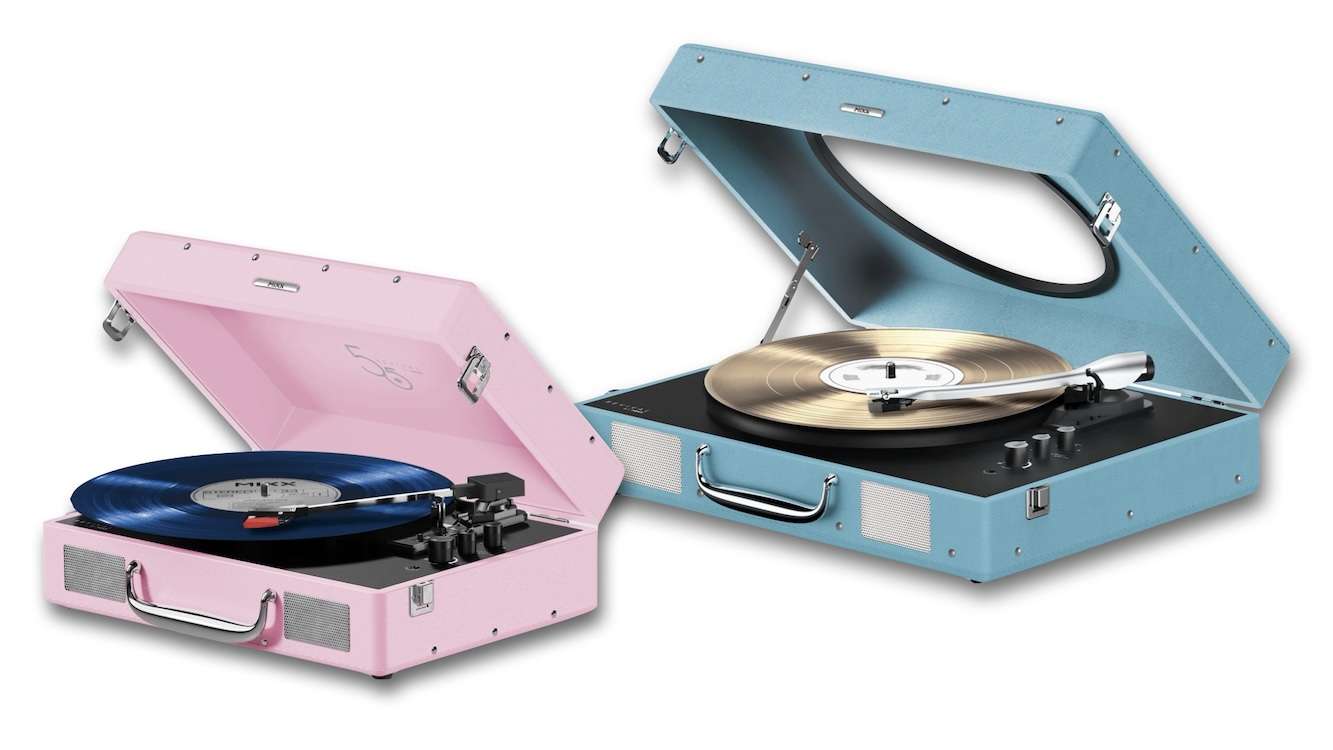
What To Know
- In many situations, manufacturers have not considered a space for auto palletising, an automated process of stacking cases of products onto a pallet, when planning the production floor layout.
- Cobots enabled the company to completely eliminate human labour on packaging and palletising and improved overall equipment effectiveness in the plant by 5 per cent, thanks to the time saved in pallet replacement.
Editor’s brief: As the pandemic rages on, the supply chain has become the critical link for global continuity, whether for medicine, commodities, and essential products. In the supply chain, packaging and palletizing, which involve also lifting heavy loads, bending down and up, remain some of the most essential and yet most unergonomic of human-centric tasks. Unergonomic tasks, which contravene the best of human factors, often result in repetitive srains and musculoskeletal disorders. Are there alternatives to getting humans to fulfill these tasks? Darrell Adams of Universal Robots seem to think so. Read more below.
Moving Towards The Future of Manufacturing Operations
Op-ed – Darrell Adams, Head of Southeast Asia & Oceania, Universal Robots
SINGAPORE – With collaborative robots (cobots), the combination between man and machines, delivering rapid Return of Investment (ROI), manufacturers and partners are looking for ways to handle production spikes amid COVID-19 pandemic. Faced with sudden surges of demand for products such as medical components and PPE, manufacturers have found UR cobot packaging and palletising technology an effective way to scale up their output.
Similarly, COVID-19 restrictions are exacerbating pre-existing labour challenges in manufacturing and other industries. It is harder than ever to find staff, absenteeism through illness is an ongoing risk and travel restrictions and social distancing may make adding human labour impractical in the short-term. Cobots can step up in these situations, optimising storage spaces on factory floors and ensuring business continuity despite adverse restrictions and general operating conditions.
Optimising warehouse storage spaces
In many situations, manufacturers have not considered a space for auto palletising, an automated process of stacking cases of products onto a pallet, when planning the production floor layout. This presents them with a space challenge. This was the case for Singapore-based Clearpack, a leading packaging automation solutions provider. Clearpack designed a safe, compact and easy-to-use palletising solution comprising a UR10 cobot and the LIFTKIT by SKF Motion Technologies, a global supplier of linear motion components. This has helped numerous Clearpack customers in the Fast-moving consumer goods (FMCG) sector to optimise their warehouse space and enjoy a fast ROI on their investment. UR, through its cobots, and the UR+ platform in collaboration with the LIFTKIT, offered Clearpack an excellent solution to meet its customers’ needs. This has led to an increase in orders for the palletising solution.
Cobots handle L’Oréal’s heavy lifting
At L’Oréal India’s Pune plant, end-of-the-line operations were being carried out manually, with operators lifting approximately 8,500 kg of product per 8-hour shift. L’Oréal India considered this too great an ergonomic risk for its operators and deployed two UR10s to take over. Cobots enabled the company to completely eliminate human labour on packaging and palletising and improved overall equipment effectiveness in the plant by 5 per cent, thanks to the time saved in pallet replacement.
“Collaborative robots have helped eliminate the ergonomic risk completely. They are user-friendly, maintenance-free and extremely efficient. We are really happy to have Universal Robots’ cobots on our line,” said Ranjit Ekda, Head of Manufacturing Supply Chain, L’Oréal India Private Limited.
NIPPON ZETTOC incorporates the best features of people and robots on its line
In Japan, leading toothpaste OEM, NIPPON ZETTOC, introduced UR5 cobots to tackle labour shortages on their packaging and box erecting line.
“People can work flexibly, but of course there are negative points such as the fact that they may suddenly take off from work and there are differences in skills,” said Mr Junichi Kano, manager of NIPPON’S Production Technology Department. “Therefore, our goal is to make a line that incorporates the best features of people and robots.”
The company’s inner-box packing line, which used to require two people, now requires one person and four UR5 cobots, enabling continuous production when workers take breaks. The UR5s sped up production too, providing a 30 per cent increase in the number of products packaged per hour. The outer-box packing line is now fully automated by a UR5 while staff work on more value-added tasks such as material supply and process inspection.
Cobots used for packaging and palletising offer many advantages for streamlining processes to improve productivity and enhance efficiency. Manufacturers who are unprepared for the changes and restrictions caused by the COVID-19 crisis can consider implementing cobots to maximise their labour and workspaces. They are safe, easy to deploy, and are exceptionally useful as an aid to perform dull and dangerous tasks on behalf of human workers.
###


